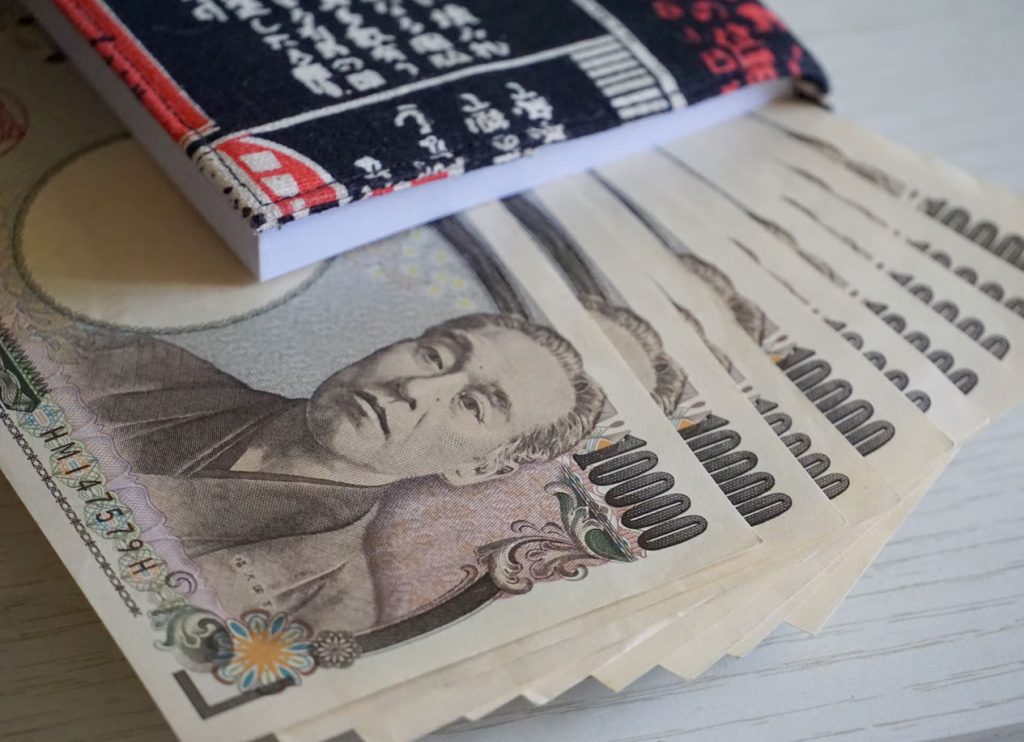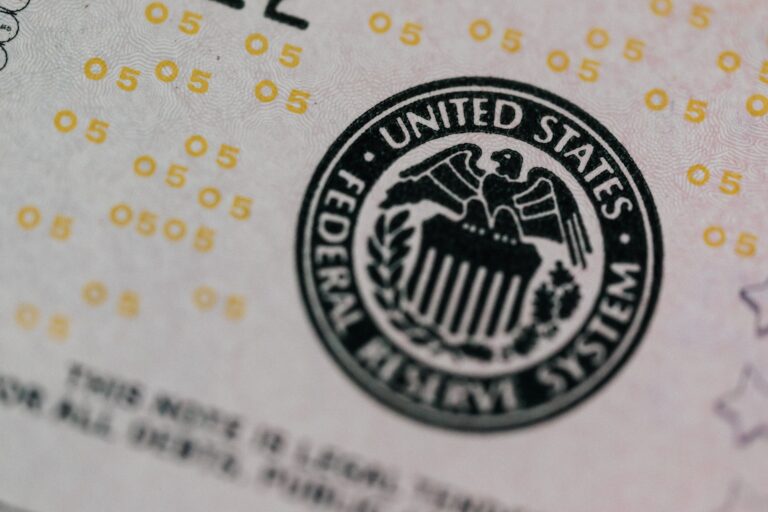
Morning Brief – The commodity trade
The commodity trade
A surprise overnight cut to a key policy rate at the Bank of China could shake up incumbent trends within commodities and commodity currencies. For context, given a recent depreciation in the Chinese Renminbi, any easing of policy was expected to be minimal during the February meeting. Whilst the central bank opted to keep short term ‘loan prime rates’ (LPR) on hold, the longer dated 5-year benchmark rate was cut by 25 basis points. For context, the 5-year LPR benchmark is seldom changed in isolation in China. Its 1-year counterpart is more often adjusted as a policy measure.
The People’s Bank of China’s 5-year LPR is significant because it is the reference rate for domestic mortgages. This adjustment is therefore likely explicitly addressing some of the woes the sector has experienced. Given the size and significance of China’s property market, its slump has put pressure on commodity prices globally. Most recently hitting headlines has been declining Iron ore prices which are retracing recent lows amidst weak demand for the finished commodity. This surprise policy action from China should make mortgages more affordable and therefore, in theory, boost property demand and affordability. In turn, a more buoyant real estate sector should encourage a recovery in the construction sector and eventually support commodity prices.
Whilst this is a long shot and a long play from a mere 25-basis point cut to a central bank policy rate, the adjustment taken by the PBoC is novel. It is a sign that policy makers in China have construction and real estate directly in their sights. Recent comments from policy makers regarding the imperilled equity market in China develop the image of a polity deeply concerned with its financial markets. Consistent with the economic woes in China of late, as well as the wider global economic environment, commodity currencies have been generally underperforming. There has been a limited willingness to carry risk and for upside exposure to these often higher-volatility currencies. A sustained and effective targeting of China’s property sector could be the first requirement to reverse the fortune of such currencies.
Discussion and Analysis by Charles Porter

Related Insights

Daily Brief – Weak foundations
Weak foundations After a rally of around 15% year to date, there is significant cognitive and technical room for consolidation within EURUSD. Implied volatility has been rising given the macroeconomic backdrop that markets have encountered this year. Even within such an environment, a 15% rally in the market’s most traded instrument is still enormous. But […]

Daily Brief – Weren’t Tariffs USD Negative?
Weren’t Tariffs USD Negative? The Dollar proved sensitive to headlines regarding trade during the US overnight session. However, contrary to what many commentaries would have you believe, as the risk of tariffs escalated the Dollar rose. The 90-day pause following Trump’s April ‘liberation day’ tariffs had been set to expire this coming Wednesday. To the […]

Daily Brief – Dollar Reserves
Dollar Reserves With the passing of Trump’s original deadline for the reimposition of liberation day tariffs yesterday, markets have breathed a sigh of relief. July VIX futures continued to slide lower. Moreover, what may surprise anyone who had been expecting the issue of tariffs to resurface following the passing of Trump’s new deadline, so too […]


